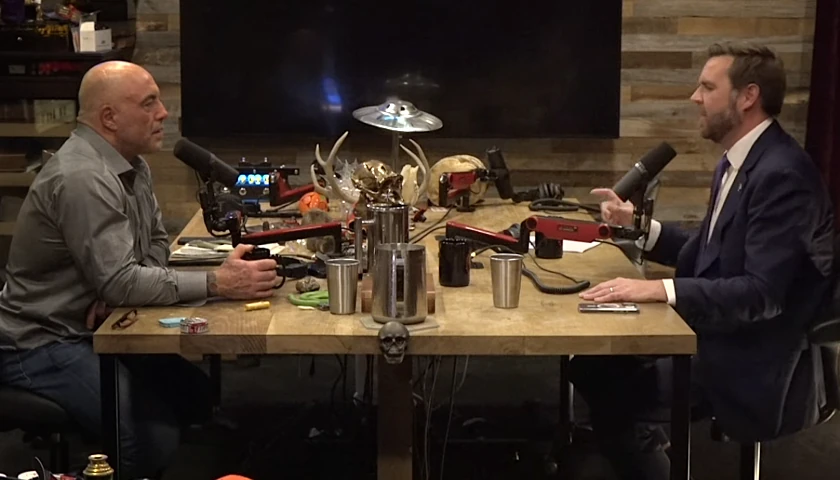by Shmuel Klatzkin
The independent judiciary established by our Constitution has inspired the world. Even British law, which developed and preserved constitutional liberties, and whose firm sense of political rights inspired the American Founders, has only in the last two decades undertaken to separate its judiciary from Parliament’s supremacy.
The Framers of the Constitution were keenly aware of how Britain’s constitution had failed them. Britain’s judiciary had no power to keep Parliament in check when it passed the Intolerable Acts and the other outrages to which the Declaration of Independence objected. Previously, the courts proved unable to rein in the Stuart kings’ grabs for supremacy; war resulted.
The Framers sought to construct a government in which no one branch, not even the legislature elected by the people, not even the elected president, would be supreme. Of the three branches, the judiciary would be the one to hold fast to the peoples’ liberties even when strong political winds might blow through the Legislative and Executive Branches.
Alexander Hamilton wrote of why we need a judiciary that is shielded from the political pressures from the other branches.
No man can be sure that he may not be to-morrow the victim of a spirit of injustice, by which he may be a gainer to-day. And every man must now feel that the inevitable tendency of such a spirit is to sap the foundations of public and private confidence, and to introduce in its stead universal distrust and distress.
Hamilton and Madison were both realists. They believed, reasonably, that no nation, no person is immune from corruption, and our institutions must be robust enough to survive with our Constitutional liberties intact. Madison wrote:
If men were angels, no government would be necessary. If angels were to govern men, neither external nor internal controls on government would be necessary. In framing a government which is to be administered by men over men, the great difficulty lies in this: you must first enable the government to control the governed; and in the next place oblige it to control itself.
The main instrument in the government controlling itself is the judiciary, which must step in to contain government when it exceeds the limits the people set upon it in the Constitution.
How can the judiciary not be taken hostage by political fads?
Hamilton wrote of a crucial element:
That inflexible and uniform adherence to the rights of the Constitution, and of individuals, which we perceive to be indispensable in the courts of justice, can certainly not be expected from judges who hold their offices by a temporary commission. Periodical appointments, however regulated, or by whomsoever made, would, in some way or other, be fatal to their necessary independence.
And so, from the inception of our Constitution, all federal judges have been appointed for life.
Dismantling the Judiciary
Kamala Harris poses as profound when she speaks of being unburdened by the past. She and the party that acclaims her free themselves from the knowledge and wisdom. Why? To devote themselves to something beyond their endless thirst for control would be inauthentic. That is who they are. That is what they offer us.
Old Joe, ever more incoherent, has sealed his sorry legacy by setting himself against Hamilton and Madison. The last tune he (presumably) has chosen for his band to play as his ship sinks is Dismantling the Legacy of an Independent Federal Judiciary. Catchy tune, that. Old Joe’s handlers think to raise him to a level above Madison’s and Hamilton’s. His party, without the excuse of dementia, seems to want to wave this as a banner issue in their campaign to Save Democracy.
Hamilton would see this as part of a larger, general phenomenon, what he called “the ordinary depravity of human nature.” With the foresight of genius, he, Madison, and the other Framers set our Constitution far above the machinations of such people, who they foresaw would arise. True, they have succeeded (to paraphrase Hamilton) in sapping the foundations of public and private confidence and introducing in its stead universal distrust and distress — more evidence of their foresight.
We, like the Framers, have faith in something deeper and more resilient. We can see the foresight of the Framers, and see that, strengthened by the evidence of their vision, it is now our turn to be the resilience upon which the whole American enterprise depends.
Let us now show what saving democracy really means.
– – –
Shmuel Klatzkin is a rabbi who previously served as senior editor at the Rohr Jewish Learning Institute. He received his Ph.D. from Brandeis University in Near Eastern and Judaic Studies and writes and teaches extensively.









